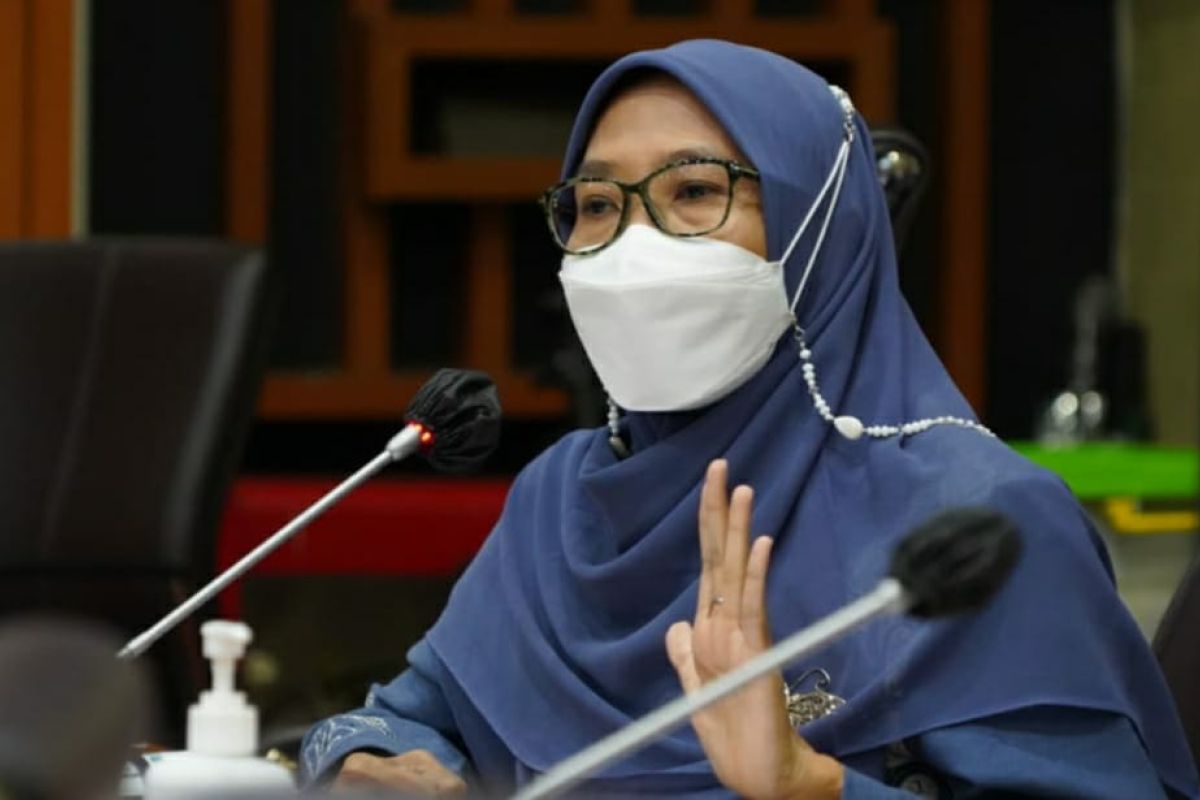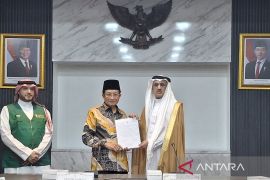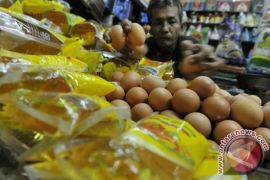"Indonesians tend to become more consumptive during Ramadhan. Irresponsible parties can utilize this opportunity to yield numerous profits," she said.
To this end, she asked the government to bolster their monitoring of food and beverage distribution up to traditional markets in regions.
"Surprise inspection must be done in food shopping centers, both in cities and regions," she remarked.
"Make sure that takjil (sweet treats used to break fast) food and instant food sold in markets are free from dangerous materials," she added.
Ensuring food safety is the government's job in order to maintain people's health, Prasetiyani said.
"Foods and beverages with dangerous substances are highly distributed because there are buyers for them. There are still many people who do not understand and cannot recognize foods with these dangerous substances," she explained.
She also urged the government to edify and disseminate simple methods to identify healthy foods to the people that do not require laboratory testing, such as through color, smell, and viscosity.
"It can also be done by checking the packaging, labels, distribution permit, and expiration period," she added.
Cases of food poisoning occur frequently, and one of the causes for this is consumers' lack of knowledge and awareness concerning healthy and safe food.
The legislator said she also expects the government to monitor and guide processed food entrepreneurs to maintain the safety standards of their food products.
"Throughout the pandemic, there are many entrepreneurs who do not have a lot of customers which leave behind many leftover products," Prasetiyani highlighted.
"We cannot let expired products be distributed in the markets and even enter Eid al-Fitr parcels," she added.
Related news: BPOM streamlines permit issuance for processed food distribution
Related news: Indonesia govt ensures food stocks, distribution for fasting month
Translator: Benardy F, Fadhli Ruhman
Editor: Suharto
Copyright © ANTARA 2022











